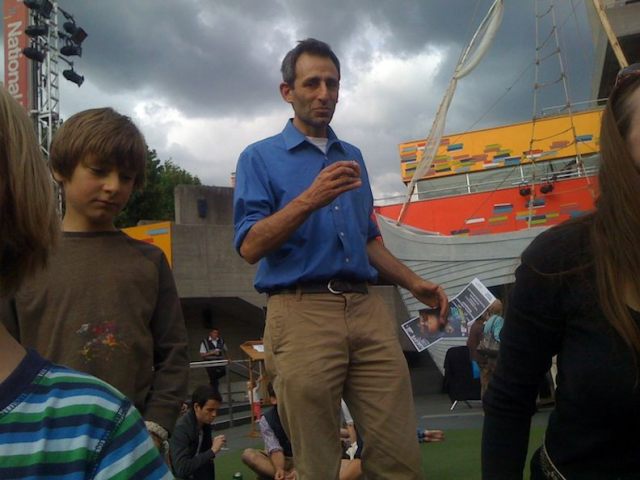In certain sessions, in certain chambers this week, what was heard – from certain stages, from certain specific rostrums, from podiums therein – what was spoken – out from prosceniums, what was finally heard, spoken—
Listen for the voices you don’t hear, our poet-at-large adjures – urges her own students. Write those unheard voices.
And she shows them – she listens-them how. And those listenings surely become her.
This week in 5 performances, at 4 high schools, to 3 thousand students, over 2 days, our 1 poet-at-large (even-larger than that) loosed mute voices into ear-ful auditoriums of students in this our Palm Beach Country. [sic]
And we – we, down in our all-unprepared seats – numbered seats and comfortable – what we finally – who we finally heard:
Child of – 6th-grade-children of lost mothers—
mothers – of once-sons, was-daughters—
daughters – throats crammed full of rivers—
other mouths now drained of names.
Say the teachers-of-Palm-Beach: Our students have been hit hard by this stuff. They’ve lost—. You can’t know—. These poems—.
There amongst them, sitting in a soft seat, legs languidly crossed, listening, listening to her, to them – how can I not rise to my feet?—
Because – upright.
Because – hear the X’s kissing as they cross.
Because – again – the chamber-mouth is empty.
And there’s my son. My son.
Would that no one dast speak such words.
I’m saying weakly what’s been said well in untold reviews, releases, citations: from Kingsley Tufts, Lenore Marshall, LA Times, National Poetry Series: Do we all attend and mark this poet.
And Jenelle, too, (she, student, who read all seven of Our Poet’s books to prepare for her fine memorized introduction before her peers) twice today affectingly said, “By being a four times National Poetry Slam champion, she gives indelible public voice to the many too-long silenced.”
Yes, Jenelle. I wish I were introducing you to reprise.
But it’s me, so, more plainly now: Our poet-at-large, and our reader tonight, hails from Chicago. She teaches at the College of Staten Island, where she was recently made a distinguished professor of poetry. Her first poetry collection, Life According to Motown, appeared in 1991; her fifth, Blood Dazzler, was a finalist for the National Book award; her seventh, Incendiary Art, was a finalist for the Pulitzer Prize. Miles, Susan and Blaise sagely invited her to be our 14th poet-in-the-schools; you have alertly come to hear her tonight.
Darlings, any jazz could be ours, and tonight her jazz is. Please join me in welcoming back to our stage – Patricia Smith.




























